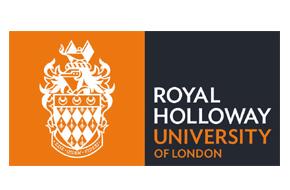Recently the BBC and British Museum collaborated on a major work entitled History of the World in 100 Objects. In similar spirit we might consider the piano as the marketing object par excellence that might facilitate an exploration of the History of Marketing in One Object. Just as the malevolent spirit invoked by the Rolling Stones’ Sympathy For the Devil managed to magically supplant himself wherever world history unfurled, so too the piano was there giving rise to, materialising, reflecting, embodying and objectifying transformations of consumer culture and marketing practices. Apart from a continuous stream of design innovations to develop new market segments and feed aspirational dreams, the marketing of the piano was also characterised by early forms of branding (to combat a burgeoning counterfeit market), celebrity endorsement and consumer credit schemes.
Emerging from what is arguably the foundational point of western consumer culture, the pianoforte arrives in late 17th century from the Medici house in Florence and heralds a new era of music for the masses and middle classes. The pianoforte, with its new dynamic range, allows for a single performer to arrive at new possibilities in polyphonic ranges, merges harmony and melody and allows a new type of music listener, a new type of musical listening and performing experience to emerge. As the romantic era commences, the piano musically realises the new ethic with new possibilities for a virtuoso performer to perform with power and drama but also with great subtlety. And when the industrial revolution arrives and the new domestic middle class home materialises, what is a centre point? The piano; that staple of bourgeoisie aspirations, that object for houses and apartments to be built around and that disciplining unit for children to learn polite subjectivities. As modernity mutates into postmodernity and we enter the age of the simulacra, the piano too is the first instrument to lose its materiality as it becomes sampled and transformed through the development of midi technology and survives today in its post-piano condition.


No comments:
Post a Comment